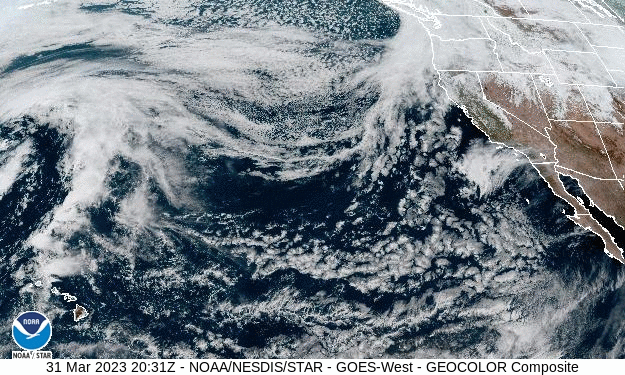Excerpt:
Californians have been warned over the past few months about weather ranging from a “vicious heat dome” to back-to-back “atmospheric rivers,” and the always-concerning “bomb cyclone.”
While it might feel as though recent weather has been dominated by a string of new phenomena, experts say these terms and events are well-established in the scientific world but simply novel to much of general public.
Many of these meteorological terms have entered the public discourse in recent years due to a combination factors: more extreme weather in the age of climate change, a new wave of scientific journalism and the virality of the internet and social media, which often helps promote such eye-popping phrases.
”We are hearing these terms more, and I think partially that’s in reaction to [the fact that] the weather’s gotten crazier,” said Jeff Masters, a meteorologist and writer for Yale Climate Connections. “[These terms] have been around scientifically for a long time, but they’re getting dusted off and trotted out here to … capture the extremity of what we’re seeing.”
James Marshall Shepherd, director of the University of Georgia’s Atmospheric Sciences Program, also credits a new wave of meteorological journalism for helping popularize these more scientific — as well as attention-grabbing — terms. That includes meteorologists writing for climate-focused websites or within established news outlets, like the Washington Post’s Capital Weather Gang.
“They started to bring some of that terminology out of the science literature into more popular writing,” Marshall Shepherd said. “These things like polar vortex and bombogenesis and atmospheric river and derecho, every one of those have been around for decades, particularly in the atmospheric sciences [and] meteorology literature…”









